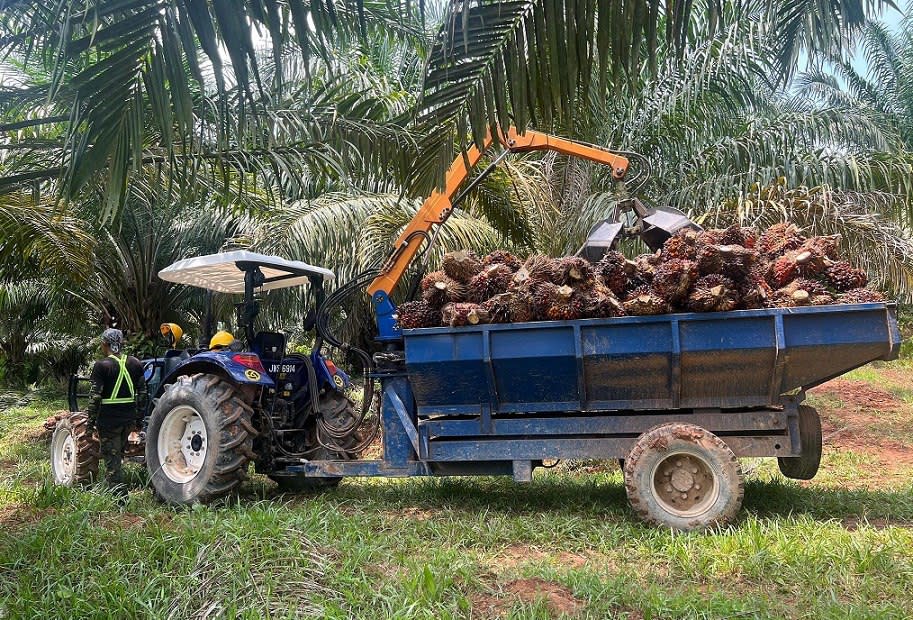Malaysia must quickly find ways to generate income through oil palm waste

The palm oil industry, long known to be an economic driver of Malaysia, is showing signs of stagnating.
The cultivation of the oil palm has reached a limit of about six million hectares. Though there has been talk about increasing production through improved oil yield, it has yet to materialise.
There are many challenges to increasing oil yield. These include the planting material itself, and the way the crop is ‘agronomically’ managed. The emergence of diseases too, can be highly disruptive to the industry. As climate change rears its ugly head, plant disease experts have warned of the possibility of new complications to crop diseases.
Adding to this is labour scarcity, and as such, it is no wonder that the Southeast Asian nation’s palm oil production has not only stagnated, but is also witnessing a reduction in yield.
Adding value is one way to increase revenue. The oleochemicals business is one extension of the industry. The oleochemicals business started with joint ventures with international companies. Today, we see local palm oil companies dominating the scene.
But there is one potential source of business that has not been adequately tapped into – the biomass that is left after the oil is extracted. Thus far, only the crude palm oil (CPO) and crude palm kernel oil (CPKO) from the harvested fruit bunches are being commercialised.
This forms about 20 per cent of the total biomass harvested. The remaining 80 per cent is not only ignored commercially, but has also proven to be an environmental burden.
There is no shortage of government pronouncements to turn such resource into a viable industry. This has been mentioned in the 12th Malaysia Plan, the National Energy Transition Roadmap, and the New Industrial Master Plan, among others. Unfortunately, nothing has happened.
There were projects under the Feed-in Tariff renewable electricity programme but those initiatives merely scratched the surface of the vast potential that biomass offers.
Numerous studies have shown that there are many other value-added products not been explored. Turning palm oil industrial waste into bio-hydrocarbon has attracted much interest, especially as the world continues to search for non-fossil based chemicals.
The initiative by Malaysian Investment Development Authority (MIDA) to host a roundtable among the key stakeholders provides the opportunity for the government to introduce some new measures to boost this industry. At the top of the list is how to realise the biomass collection hubs that have been the pillar of the most recent blueprint for biomass, the National Biomass Action Plan.
There is no doubt that for the industry to truly take off, economy of scale is a key prerequisite. Stakeholders must seize this opportunity to work together to make this happen.
Professor Datuk Dr Ahmad Ibrahim is attached to the Tan Sri Omar Centre for STI Policy, UCSI University, and is an associate fellow at the Ungku Aziz Centre for Development Studies, Universiti Malaya.
The views expressed here are the personal opinion of the writer and do not necessarily represent that of Twentytwo13.
The post Malaysia must quickly find ways to generate income through oil palm waste appeared first on Twentytwo13.


